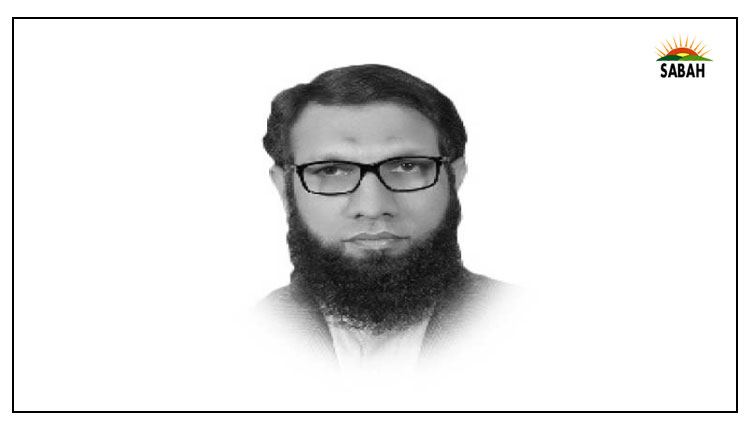Tradition and modernity….Dr Zeb
Before starting his lecture in our first class in M. Com, one of our professors gave us some food for thought about the dynamics of the modern world and how it determines winners and losers. He delved on the scientific achievements of the western world and its progress in other fields thanks to the Renaissance, which was essentially a new worldview, replacing tradition with modernity as a way of living and rationality with faith as the basis of explanation of natural and social phenomena.
At the end of the lecture, he advised us to adapt to contemporary realities of modernity if we wanted to succeed. It was an era of the survival of the fittest, he concluded, and one should not cling to the past but look forward and embrace change as the necessary condition for progress. For him and many others, adopting modernity rather than following tradition has to be the overarching objective of every rational human being, especially the educated class. This goal, however, seems unattainable, if not undesirable, in the context of Pakistan partly because of different education systems in vogue and partly because of some misconceptions about modernity vis–vis Islam.
The prevailing education system in Pakistan reflects two different models Deoband (traditionalist) and Aligarh (modernist). Madrassa Deoband was founded in 1866 nine years after the Muslims had lost the war of independence in 1857. Maulana Qasim Nanothwi, the founder of Madrassa Deoband, and other like-minded religious scholars were convinced that the prime cause of the Muslims downfall in the Indian sub-continent was the apathy of Muslims towards Islam. The curriculum taught in Deoband was designed to serve three main objectives: to revive the glory of Islam, to resist British colonialism, and to purify Islamic teachings from distortions.
A multi-prong strategy was followed to achieve those objectives. In the initial phase, the founders of Deoband focused on teaching basic skills in logic, Arabic and Persian language, and Islamic history in addition to the exegesis of Quran and Hadith. Majority of madaris (religious seminaries) are still teaching the same subjects with little window dressing in the form of introducing English and computer science. This was followed by spreading the message of Islam through sermons in Juma prayers and sending delegates to remote areas for preaching (Tablighi Jamaat is doing this work today).
In the second phase, political struggle was started with the creation of a political party, namely Jamiat Ulemai Hind, in addition to motivating Muslims to wage Jihad against the British. No doubt all this was necessary in the given circumstances but after partition there was a need for some reforms particularly in madrassa education and the re-orientation and re-interpretation of Jihad. In the newly created Pakistan, the madrassa education should have focused more on developing economy and state infrastructure in line with Islamic teachings than blindly sticking to the old curriculum followed during the British rule. Unfortunately, we have madrassa graduates who offer solutions to problems that do not really exist and often fail to understand let alone offer solutions to problems that we face in the real world.
In sharp contrast to Deoband, Sir Syed Ahmad Khan established Aligarh College, initially as a madrassa in 1875, to emancipate Muslims from British slavery and Hindu domination. He was convinced that the degeneration of Muslims was due to their backwardness in modern sciences. He strongly advocated learning English as a gateway to understanding the use of science and technology in all fields of human life. Moreover, he tried to reconcile Islamic teachings with modern science by giving a pre-eminent role to reason rather than belief. He argued that the word of God (the scripture) can and should not contradict the work of God (the universe). Majority of contemporary educational institutions in Pakistan (both public and private) were founded on the Aligarh model prior to General Zias Islamisation drive. This education system produced professionals who happened to be alien in their own country. They occupied prestigious jobs in military and civil bureaucracy with a visible distance from the general public. Their superiority complex coupled with moral shortcomings made them selfish and lethargic.
A more pragmatic and viable approach to redefining our education system is to integrate Islamic teachings with modern sciences into one stream. Tradition and modernity should, in principle, go together. The either/or dichotomy between them is a false one and should be avoided. Turkey under the leadership of Tayyip Erdogan has proved Mustafa Kamals precept of no modernisation without westernisation as empirically wrong. How can we do this in Pakistan, beyond the quick fix of the Single National Curriculum, is a challenge for scholars and policy makers to take seriously.
Courtesy The Express Tribune












